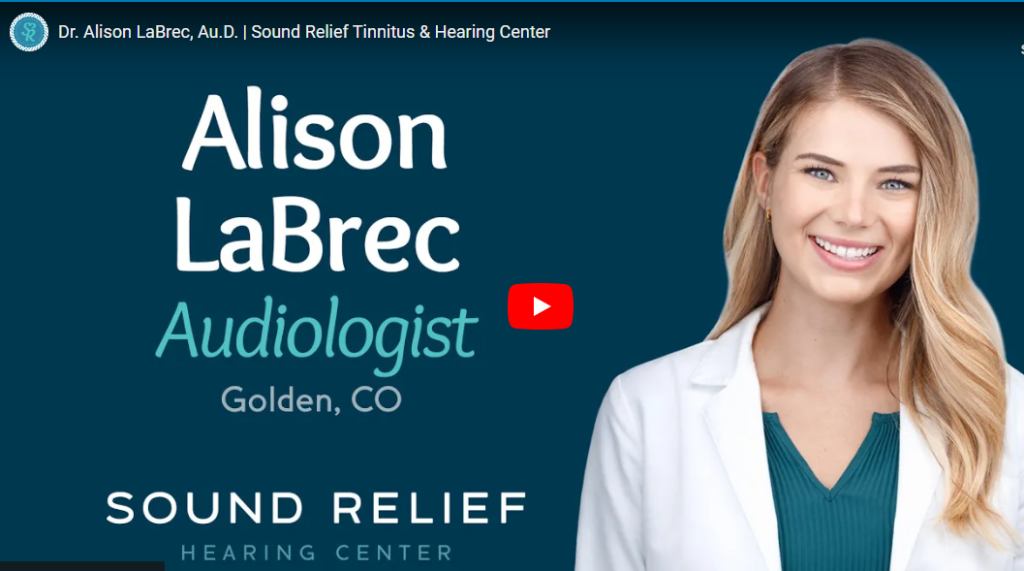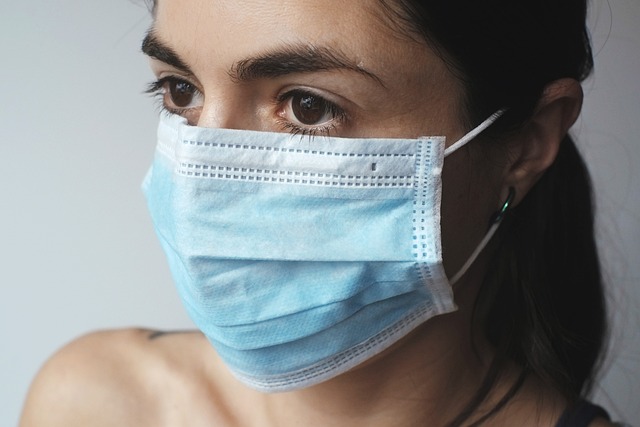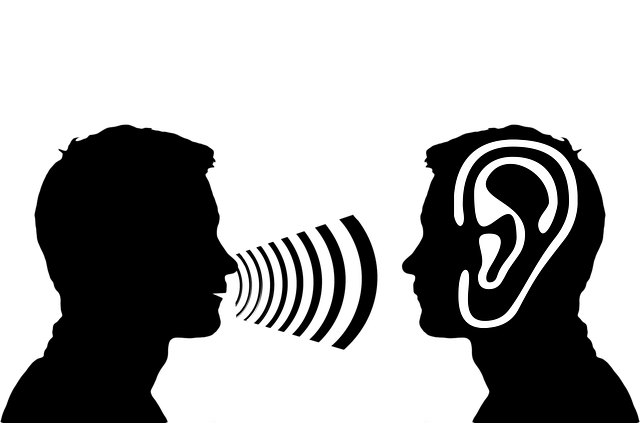
Dr. Alison LaBrec
Defining, recognizing and treating hyperacusis. That’s our topic today on Ask The Hearing Doctors. Hi I’m. Jim Cuddy. And this is Ask The Hearing Doctors. And I’m joined today by Dr. Wendy Thorne, doctor of audiology with Hearing Doctors.
The Washington DC area’s highest rated audiology practice with over 1,500 five-star reviews. Wendy as always great to see you. You too. So hyperacusis, this sounds like another one of those rare conditions.
We just don’t know a whole lot about. What is it? Yeah. So hyperacusis really stands for being sensitive to extreme sound. Um, and the difference with this versus someone who’s just that, you know, that jet plane is loud.
Yes it is. But this is someone who is more sensitive to sounds that are at a quieter level that someone without hyperacusis is not bothered by. So does it just sound louder than? It does. But to the point where it has a negative effect on them? Yeah.
So a lot of times, you know, if you know, one sound is loud to you, but for me, maybe I have hyperacusis, it’s almost painful to me in my ears. Is there, is there physical pain with hyperacusis? They can feel pain.
Yes, absolutely. Is that just in their heads or is it actually kind of, you know, does it touch on the nerves? Obviously we’ve talked about the, the way the ear works and there’s a lot of nerves and nerve endings and things.
Yeah. I think a lot of it is more of just that kind of reaction to it, but then again, there’s so much, that’s not known that it could be an anatomical, you know, uh, relation with that, that, you know, I’m not familiar with right now.
Right, right. And again, this is another one of these, um, you know, we’ve, we’ve talked about misophonia before, and we’re talking about hyperacusis. This is it’s, there’s not a whole lot of information out there for people.
Exactly. Yeah. Um, how debilitating can it be or is it just something that’s bothersome? Yeah. So it varies from person to person. You know, some people can have a very mild case of it where things, you know, you know, fire alarms go off and it’s just really uncomfortable and painful to them.
Whereas other people, they cannot, you know, function in school or at work. Um, and it really affects their daily life. Are there particular sounds when somebody is suffering from hyperacusis that, that, that stick out more than others generally speaking, that you’ve found? Not necessarily particular sounds just really, even sometimes talking at a normal volume, some people with that, you can kind of tell they’re like cringing because it’s just seems very loud to them.
So it can be speech. It can be environmental sounds. Really anything. I get that a lot at home, but I don’t think it’s hyperacusis that’s causing it. That’s, that’s a different thing altogether.
Um, what about it affecting both ears or a single ear? I mean, does it, does, does it work one way or the other? It can be one or two ears. Um, there are different testing methods that we can do to see, is it one ear or is it both ears.
Um, is one ear worse than the other? Is it easier or more difficult when it’s one ear or two ears? That kind of thing. I think it’s about the same as far as, you know, our management strategies that go on that.
And I think the patients’ reactions tend to be about the same if it’s one ear versus both. Maybe there’s not enough information out there about this yet, as far as studies go, but are there things that cause it to happen? In other words, is it not necessarily something that’s congenital, but something that occurs to me, you know, in, in life.
And it’s like, Whoa, that and that triggers it? So there are some different causes that we are aware of. Um, one of the most common ones is hearing loss. You know, the more hearing loss you have, the more, uh, or the less space you have from the softest sound that you can hear to sounds that become painfully loud.
So that ranges, um, gets smaller and smaller. Um, it can also be from noise exposure. So physical damage inside the ears, um, ototoxic medications and things like that can cause a lot of damage to the ears that create that reaction.
We’ve talked about ototoxic medications many times before and the negative. They obviously have an effective use in some areas, but they have this negative side effect, I guess, if you will. Um, so how do you, if I come to you as my audiologist and you determine, okay, it’s hyperacusis, how do you treat it? Yeah.
So a lot of it depends too on our testing that we do with that. So we always, you know, want to check, do you have hearing, um, hearing loss or is your hearing normal? And then we also check at what range is hearing most comfortable for you.
Um, and then we also check at what range does, sounds become uncomfortably loud to you. So that way we can kind of see where’s your soft, medium and loud sounds. Um, as far as the management that we do is a lot of times, you know, I would say don’t plug your ears.
I think a lot of times what people want to do is plug their ears, dampen that sound. But the more you do that, the less your brain is able to learn how to adapt to those loud sounds. So I’d say, try to keep your ears open.
Um, and then we do masking devices as well. So ear level devices that can play masking sounds to kind of, again, because it’s very similar to misophonia, training the brain to focus on something more comfortable instead of those really uncomfortable sounds around you.
Well, that masking. You deal with that in, in different things too, tinnitus as well, right? Yeah. Yeah. So there’s a lot of uses for masking. Yeah. And, and, and an effective tool for something that we don’t know a whole lot about.
Are there support groups and things like that for folks that that suffer from hyperacusis? Yeah, I know there’s a lot on Facebook. Um, you can check online, there’s lots of different, you know, support groups for family members or individuals have that.
And they talk about, you know, different things that have helped for them. And, you know, just having someone that understands exactly what they’re going through. All of a sudden somebody has watched this and they say, gosh, you know what? These sounds have been bothering me.
Should they go see their primary care physician? Or should they go right to an audiologist? You know, it is most of the time, I would assume that a primary care physician would recommend for them to see an audiologist.
Um, I think it kind of depends on your relationship with your physician, if you feel comfortable that they would, you know, understand this condition. Um, but definitely an audiologist is going to be the one that can do the testing to actually determine if that’s exactly what it is.
And if you think this is something that you’re suffering from, mention it to your primary physician and then, and then get to an audiologist. Wendy, thank you so much. Thank you. If you’re in the Washington metropolitan area and you’d like to schedule an appointment with Hearing Doctors, click the link in the description or visit HearingDoctors.
Meet Dr. Alison LaBrec, Au.D. of Sound Relief Hearing Center in Golden, Colorado.
To schedule an appointment with


